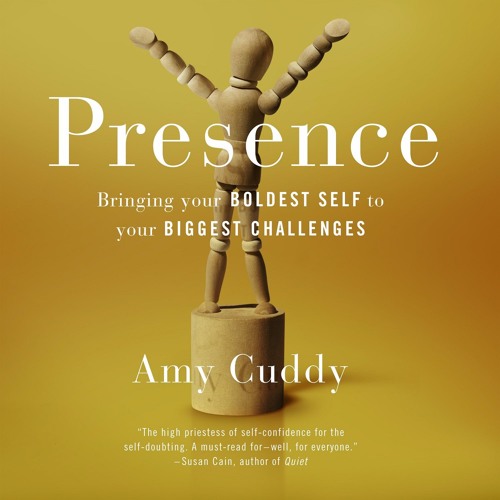
We do value people who are capable, especially in circumstances where that trait is necessary, but we only notice that after we’ve judged their trustworthiness. If he doesn’t, we’d better keep our distance, because he’s potentially dangerous, especially if he’s competent. Oscar Ybarra and his colleagues found, for instance, that people process words related to warmth and morality (friendly, honest, and others) faster than words related to competence (creative, skillful, and others).3 Why do we prioritize warmth over competence? Because from an evolutionary perspective, it is more crucial to our survival to know whether a person deserves our trust. First we judge warmth or trustworthiness, which we consider to be the more important of the two dimensions. But we don’t value the two traits equally.

The latter is the golden quadrant, because receiving trust and respect from other people allows you to interact well and get things done.

Tiziana Casciaro, in her research into organizations, refers to these types as lovable fools or competent jerks.2 Occasionally we see people as incompetent and cold-foolish jerks-or as warm and competent-lovable stars. Amy Cuddy, Harvard Business School professor and author of 'Presence: Bringing Your Boldest Self to your Biggest Challenges.' She tweets amyjccuddy. Social psychologist Amy Cuddy argues that 'power posing' - standing in a posture of confidence, even when we don't feel confident - can boost feelings of. So we classify new acquaintances into types. We like our distinctions to be clear-it’s a human bias. Usually we think that a person we’ve just met is either more warm than competent or more competent than warm, but not both in equal measure.

“When we meet someone new, we quickly answer two questions: “Can I trust this person?” and “Can I respect this person?” In our research, my colleagues and I have referred to these dimensions as warmth and competence respectively.


 0 kommentar(er)
0 kommentar(er)
